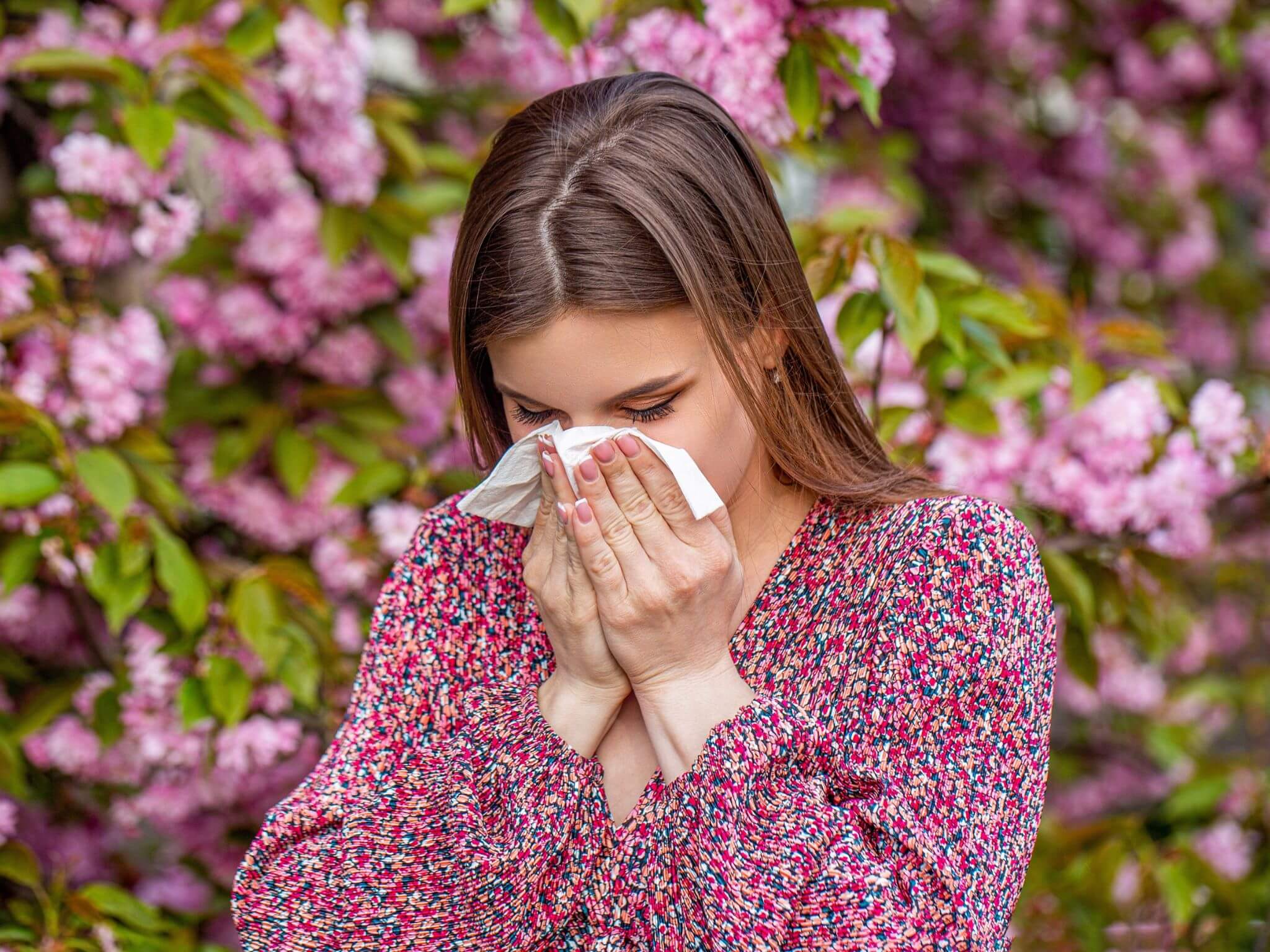Snuff out those spring sneezes with these simple steps

As allergy season approaches, finding effective ways to manage allergies while also being kind to the environment becomes paramount. Traditional allergy relief methods often involve single-use plastics and chemical-laden products, which can negatively impact both our health and the planet. Thankfully, there are numerous eco-friendly approaches that allow allergy control while minimising carbon footprint. In this article, we explore sustainable strategies that promote wellness and environmental stewardship.
Natural allergy remedies
Embrace natural remedies to alleviate allergy symptoms without compromising the environment. Consider using locally sourced honey to help build immunity against pollen allergies. Herbal teas infused with anti-inflammatory herbs like chamomile and nettle can provide relief as well.
Eco-friendly cleaning
Maintain a clean-living environment by opting for eco-friendly cleaning products. Many commercial cleaners contain harsh chemicals that exacerbate allergies. Choose plant-based, non-toxic alternatives that are gentle on the environment and your respiratory health.
HEPA air filters
Invest in a high-efficiency particulate air (HEPA) filter for your home’s air conditioning and heating systems. HEPA filters effectively capture airborne allergens such as pollen, dust mites, and pet dander, allowing you to breathe easier while promoting better indoor air quality.
Sustainable personal care
Opt for eco-friendly personal care products, such as natural soaps, shampoos, and lotions. These products contain fewer allergens and fewer synthetic fragrances, reducing the risk of triggering allergies while being kind to the planet.
Allergy-friendly landscaping
Choose native plants for your garden and landscaping that are less likely to trigger allergies. Native plants have evolved to thrive in your region’s climate and are less likely to produce excessive pollen. Additionally, regular maintenance and trimming of grass and plants can help reduce pollen exposure.
Reusable allergy relief
Swap single-use tissues for reusable handkerchiefs or cloth napkins. This simple switch reduces waste and minimizes the environmental impact of your allergy management routine.
Sustainable nutrition
Certain foods, like fatty fish rich in omega-3 fatty acids, may help reduce inflammation associated with allergies. Opt for sustainably sourced seafood and locally grown produce to support your health and the planet.
Natural allergy-relief products
Explore natural allergy relief products, such as saline nasal sprays and essential oil diffusers. These alternatives provide relief without relying on single-use plastics or chemicals.
Eco-friendly filters and masks
When outdoor allergies are severe, consider wearing a mask with a replaceable filter when spending time outdoors. Look for masks made from sustainable materials and filters that can be disposed of responsibly.
Sustainable travel planning
When traveling, research your destination’s pollen levels and consider planning your trip during a lower allergy season. Pack reusable items like handkerchiefs and environmentally friendly products to maintain your allergy management routine on the go.
As we work towards a healthier planet, let’s remember that every small action we take to support our own health contributes to the larger goal of nurturing the world we call home.









